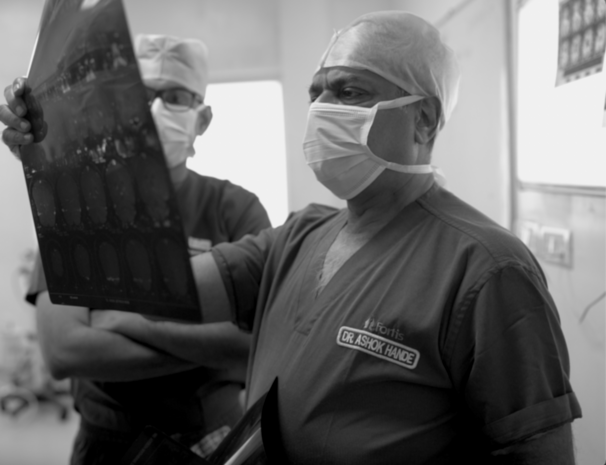Second Opinion
GENERAL


A second opinion means that you choose to see another doctor or specialist after you've seen one doctor for an initial diagnosis and or treatment for a medical condition.
A second opinion can help you decide which treatment is most appropriate for your particular situation. It's important to make sure that any second (or third) opinion you seek is from a physician or a surgeon who has experience and expertise in treating the condition that you've been diagnosed with.
A second opinion can also offer insight into additional treatment options that the first doctor may not have mentioned. As a result, you become more informed about what is available to you and can make an educated decision about your health care and your treatment plan. Even if your second opinion just confirms what you already know, it can still be beneficial. Afterward, you will know that you have done everything you can to ensure that you have the correct diagnosis and a treatment plan that feels right to you.
People make mistakes every day, and doctors are not immune to this fact. So their findings and recommendations can vary dramatically. It should be borne in mind, that the second opinion is not necessarily the right opinion.
A 2017 study of 286 patients conducted by the Mayo Clinic in the USA found that as many as 88% of patients looking for a second opinion will leave the office with a new or refined diagnosis. Meanwhile, 21% of the people will leave with a “distinctly different” diagnosis. Conversely, the study, which was published in 2017 in the Journal of Evaluation in Clinical Practice, discovered that 12% of patients will learn that the original diagnosis was correct. This means that one out of every five patients they saw was incorrectly diagnosed.
Get a second opinion if
You have undergone treatment but your symptoms continue..
You are diagnosed with a rare disease. Sometimes diseases are so rare that there is very little research behind them. When this happens, it can be frustrating and frightening to discover you have been diagnosed with something so rare. There are nearly 7,000 known rare disorders with more discovered each year according to the Genetic and Rare Diseases Information Centre.
Your diagnosis is unclear.
You have several medical problems.
The recommended treatment is risky, controversial, or experimental.
You have a choice of treatments or medical tests that vary widely in cost.
You're not responding to treatment as expected.
Just feeling uncertain about having surgery or a major procedure may be reason enough.
